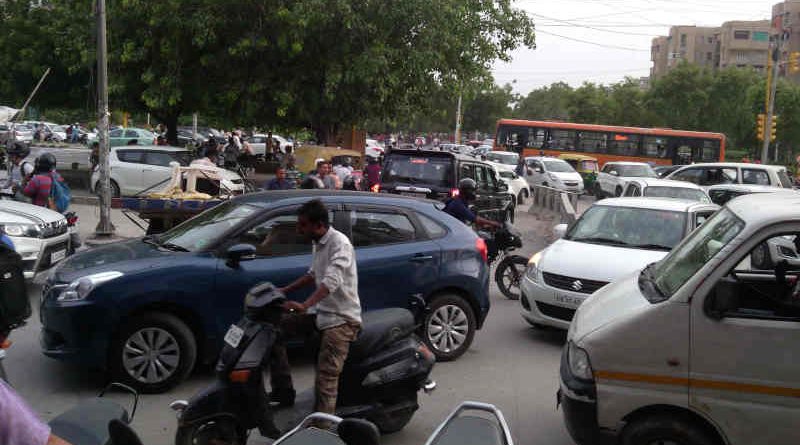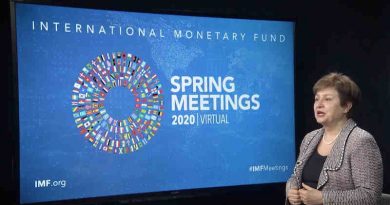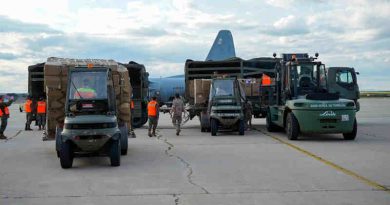World Bank to Help 100 Countries Handle Covid Crisis

The World Bank Group announced Tuesday (May 19) its emergency operations to fight Covid-19 (coronavirus) crisis have reached 100 developing countries – home to 70% of the world’s population.
Since March, the Bank Group says it has rapidly delivered record levels of support in order to help countries protect the poor and vulnerable, reinforce health systems, maintain the private sector, and bolster economic recovery.
This assistance, the largest and fastest crisis response in the Bank Group’s history, marks a milestone in implementing the Bank Group’s pledge to make available $160 billion in grants and financial support over a 15-month period.
It will help developing countries respond to the health, social, and economic impacts of Covid-19 and the economic shutdown in advanced countries.
| Download All Issues of Covid Health Bulletin | ||
| April 16-30, 2020 | May 1-15, 2020 | May 16-31, 2020 |
“The pandemic and shutdown of advanced economies could push as many as 60 million people into extreme poverty – erasing much of the recent progress made in poverty alleviation,” said World Bank Group President David Malpass. “The World Bank Group has moved quickly and decisively to establish emergency response operations in 100 countries, with mechanisms that allow other donors to rapidly expand the programs.”
The current #COVID19 crisis could erase recent progress made in poverty alleviation. @DavidMalpassWBG lays out @WorldBank’s plan to help countries get on the path to economic resilience and recovery: https://t.co/OKkGcNJR3E pic.twitter.com/r308SO1mkU
— World Bank (@WorldBank) May 19, 2020
Of the 100 countries, 39 are in Sub-Saharan Africa. Nearly one-third of the total projects are in fragile and conflict-affected situations, such as Afghanistan, Chad, Haiti, and Niger.
The International Finance Corporation (IFC) and Multilateral Investment Guarantee Agency (MIGA) have also fast-tracked support to businesses in developing countries, including trade finance and working capital to maintain private sectors, jobs, and livelihoods.
The Bank Group’s support through grants, loans and equity investments will be supplemented by the suspension of bilateral debt service, as endorsed by the Bank’s governors.






